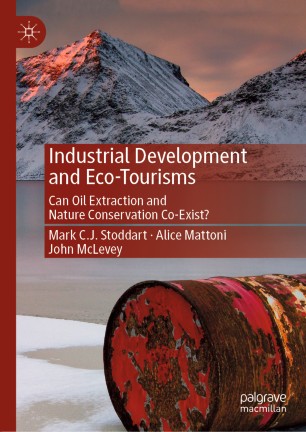

Most ebook files are in PDF format, so you can easily read them using various software such as Foxit Reader or directly on the Google Chrome browser.
Some ebook files are released by publishers in other formats such as .awz, .mobi, .epub, .fb2, etc. You may need to install specific software to read these formats on mobile/PC, such as Calibre.
Please read the tutorial at this link: https://ebookbell.com/faq
We offer FREE conversion to the popular formats you request; however, this may take some time. Therefore, right after payment, please email us, and we will try to provide the service as quickly as possible.
For some exceptional file formats or broken links (if any), please refrain from opening any disputes. Instead, email us first, and we will try to assist within a maximum of 6 hours.
EbookBell Team

4.4
82 reviewsThis book examines the “oil-tourism interface”, the broad range of direct and indirect contact points between offshore oil extraction and nature-based tourism. Offshore oil extraction and nature-based tourism are pursued as development paths across the North Atlantic region. Offshore oil promises economic benefits from employment and royalty payments to host societies, but is based on fossil fuel-intensive resource extraction. Nature-based tourism, instead, is based on experiencing natural environments and encountering wildlife, including whales, seals, or seabirds. They share social-ecological space, such as oceans, coastlines, cities and towns where tourism and offshore oil operations and offices are located. However, they rarely share cultural or political space, in terms of media coverage, public debate, or policy discussion that integrates both modes of development. Through a comparative analysis of Denmark, Iceland, Newfoundland and Labrador, Norway, and Scotland, this book offers important lessons for how coastal societies can better navigate relationships between resource extraction and nature-based tourism in the interests of social-ecological wellbeing.